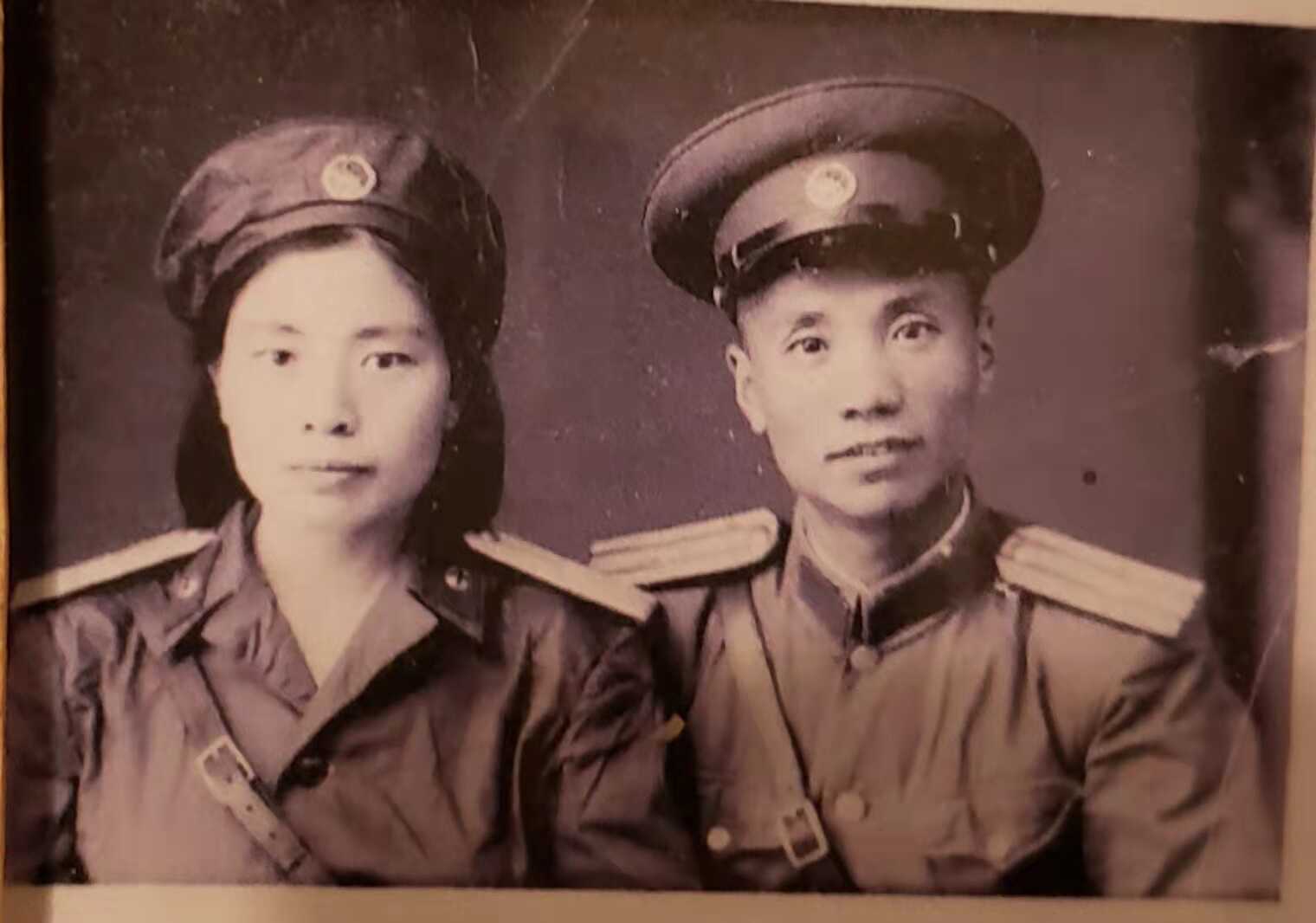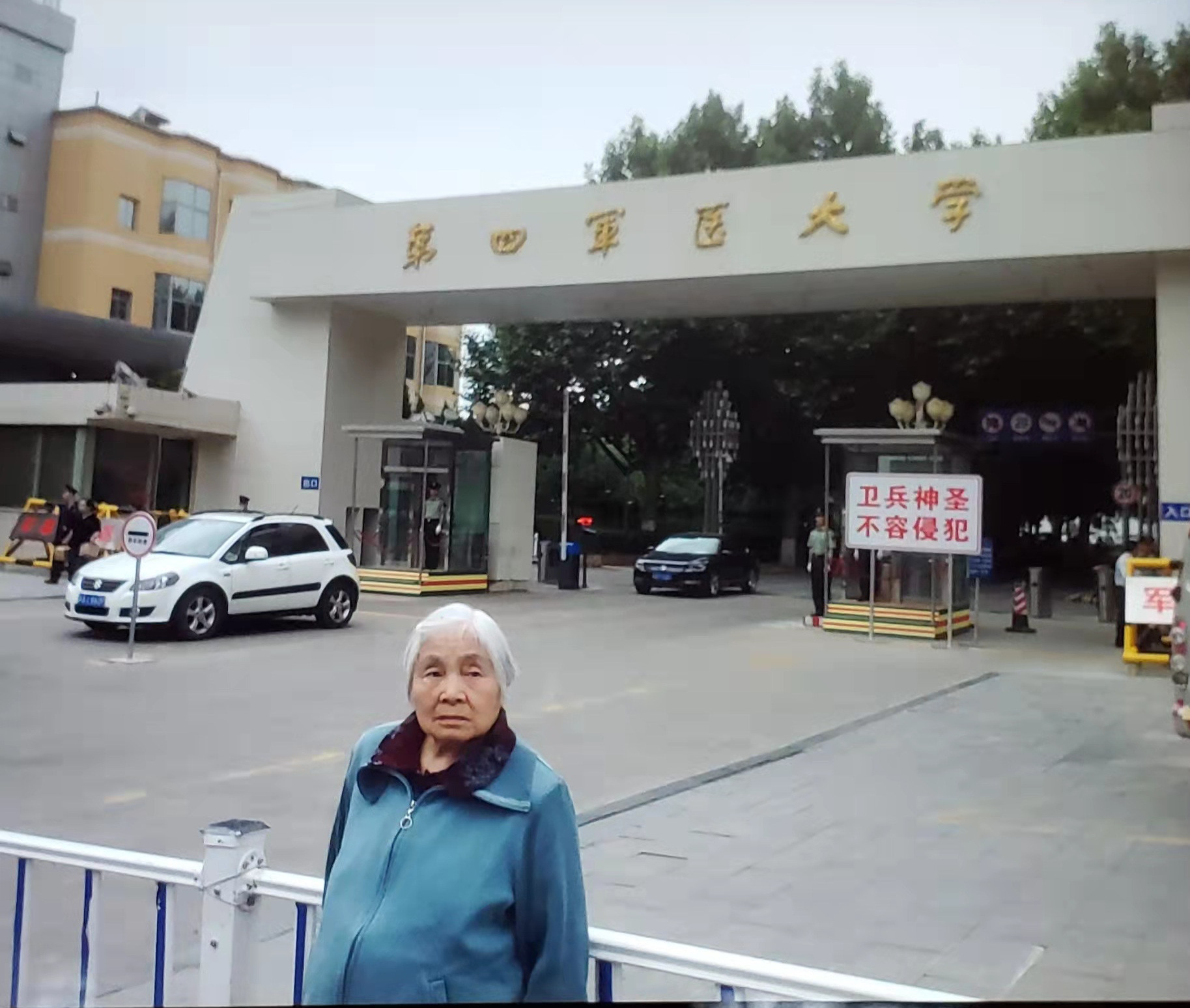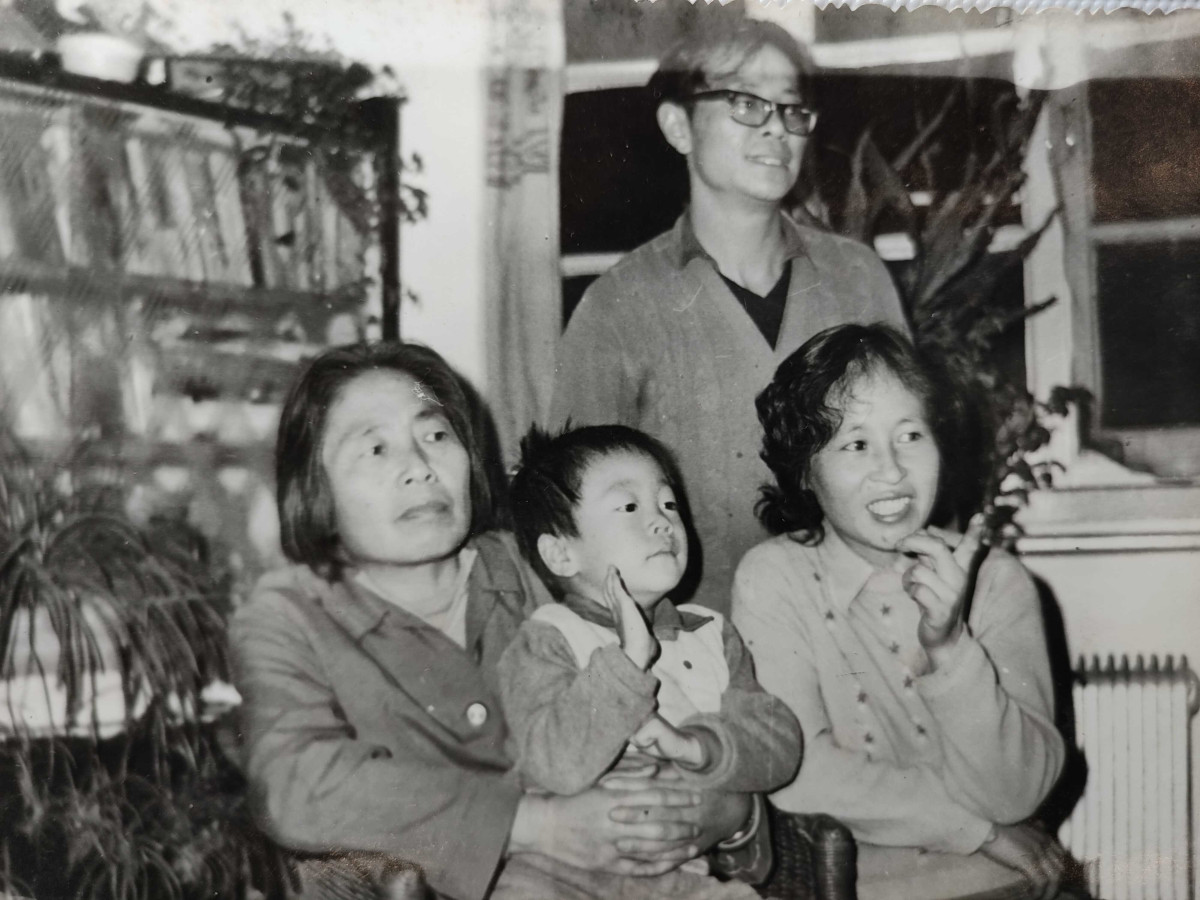This is a link post from my family memorial website.
A Night of Stories
My grandma, Xin Zhao (赵欣), passed away on March 8, 2022, when she was 93 years old.
To tell the truth, despite her always being kind to me, I knew very little about her life as I was growing up. When I was in college, my grandpa passed away and my grandma relocated to the US. From that point on, we had fewer chances to meet.
But one night, shortly after my grandpa’s funeral, I found myself keeping a vigil with my grandma. As we waited for my grandpa’s spirit to come home, she began to share stories about her life. The tales that follow were shared with me that night.
Early Life
My grandma grew up in a village in Langzhong County (阆中县), located in northern Sichuan province. These were the years of the Sino-Japanese War (1937-1945). Langzhong was a good distance from the front line, but that didn’t prevent it from being bombed repeatedly by Japanese aircraft1. My grandma, just a young girl then, once saw the body of a farmer who had been killed in an air raid, lying motionless on a road. I could hear the anger in her voice as she recounted this tragic event.
There was one unexpected benefit from these air raids. A middle school in Langzhong was evacuated to her village. The wife of one of the middle school teachers, a well-educated woman herself, opened an elementary school in my grandma’s village. This event gave my grandma the opportunity to receive an education, marking an important turning point in her life.
Later, her father, who was quite progressive for his era, sent my grandma and her older sister to a middle school in the city of Longzhong. They both studied hard, did well, and became elementary school teachers upon graduation. By that time, my grandma had already achieved more than most women in China could dream of at that period. But, as it turned out, her journey to the wider world was only just beginning.
Marriage with My Grandpa

Grandma and Grandpa (1958)
My grandpa, Xiangrong Cai (蔡向荣), also hailed from Langzhong. As a teenager, he left a comfortable home behind to join the Chinese Communist Party’s army and fight against the Japanese invaders. After surviving both the Sino-Japanese War and the Liberation War, he returned to Langzhong and enlisted the help of his sister, my grandaunt, to find him a potential wife. My grandaunt, who had been my grandma’s teacher, suggested this marriage to my grandma. Despite never having met my grandpa, my grandma agreed.
As a result, my grandma and her mother embarked on a journey from Langzhong to Xi’an (西安), where my grandpa was stationed. Nowadays, high-speed trains can cover such a distance in about three hours. However, back then, the roads from Sichuan to Xi’an were fraught with peril, making the journey several days long by bus.
Much to her surprise, when they finally met, my grandpa did not take a liking to her and attempted to call off the engagement. Allegedly, this was because he considered her a bit too short to be his ideal wife. Naturally, after enduring such a grueling journey with the hope of starting a new life, this must have been a massive disappointment to my grandma. Yet, she pulled herself together and said to my grandpa,
“It’s fine if you don’t want to marry me. But please help me find a job in Xi’an, and I will take care of myself and my mom. Everyone back home knows that I’m supposed to marry you; I can’t go back like this.”
To this day, I still recall the gentle courage in her voice as she recounted these words that night.
Perhaps it was her resilience that eventually won my grandpa over. They did end up getting married, and their union lasted 53 years, right up until the day my grandpa passed away.
A New Career

Grandma visiting her University (2014)
Upon marrying my grandfather, my grandma enrolled at the Fourth Military Medical University2. She later became a part of the first generation of doctors in the People’s Republic of China to receive modern medical training.
Such doctors were a rarity in China at the time. Therefore, even though she hadn’t received surgical training, a colleague tried to teach her to perform minor surgeries. Unfortunately, my grandma’s hands were too delicate to make incisions in a patient’s skin. As a result, she remained an internist until her retirement.
During the Korean War, some injured soldiers were sent to her hospital for treatment. Among them was a paraplegic soldier who was often distressed and would hurl abuse at the medical staff. “But when it was my turn to take care of him, he never yelled at me,” my grandma would say with pride. This is the only time I can recall my grandma boasting about something she had done.
Legacy
After my grandma’s funeral, I paid a visit to her youngest brother, who was too frail to attend the ceremony. As we reminisced about my grandmother, he told me,
“I still remember when I was young, she would buy me books and encourage me to educate myself. Our generation lived through some really hard times. But no matter how bad things got, your grandma always strove to improve herself and her situation. I’ve always admired her for that.”
I’m not a believer in afterlives or reincarnation. I only know the world of flesh and bones. But when I think of my grandma, I’m certain that she lives on — not as some supernatural entity, but as our shared memories and inspirations. That is her enduring legacy.
